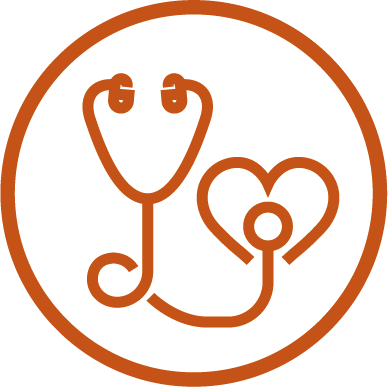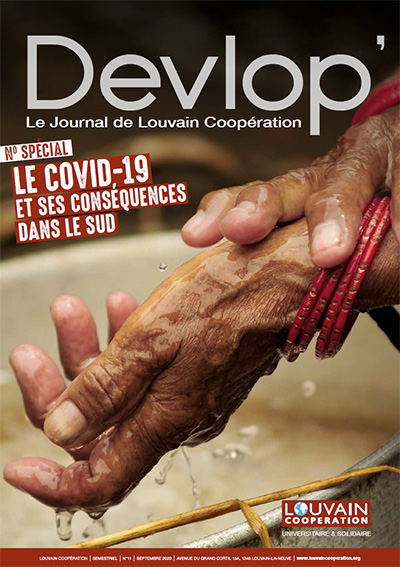No. 3 - Belo Hospital: a dream come true

Belo Hospital: a dream come true
Edito
Strengthening collaboration between NGOs
Belgian university NGOs, active in southern countries and in Belgium, which share common ground in their fields and locations of intervention, but also in their academic specificity... There are many points that unite Louvain Coopération (UCL NGO), ULB Coopération (ULB NGO), ADG (NGO of the ULg-Gembloux) and FUCID (NGO of the UNamur) are numerous. These NGOs have in common the carrying out of studies or action research, the capitalisation of acquired knowledge, the use of academic experts, the most judicious possible dissemination of knowledge, and the raising of student awareness through the organisation of Campus Plein Sud...
These existing collaborations and commonalities form the basis for the idea of broader cooperation, which is in line with the dynamics of the development aid sector: seeking synergies, shared learning and active networks. It must be acknowledged that NGOs have often tended to work in isolation. In the era of globalisation, new information and communication technologies, and social networks, it is no longer possible or desirable to work in isolation... Let us make the most of each other's experiences, both positive and negative!
June 2016 was therefore a first in the history of these four NGOs: they decided to join forces and draw up a five-year programme (2017-2021) which has just been submitted to the DGD for joint funding. This programme includes actions in the South in the areas of food and economic security and health, and actions in Belgium in the area of global citizenship and solidarity education. Let's wish them good luck!
Sophie Wyseur
Programme Coordinator, South Louvain Cooperation









